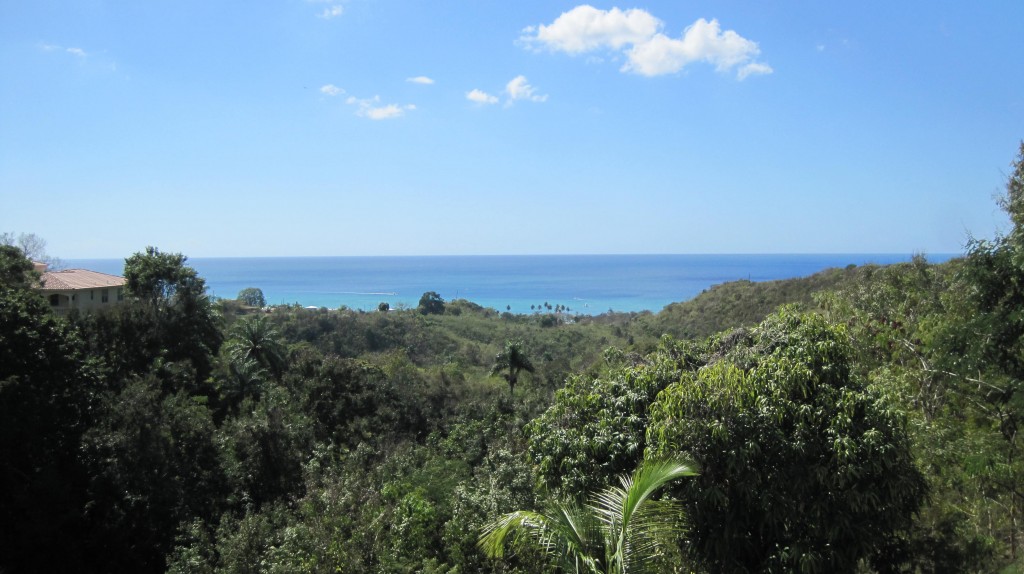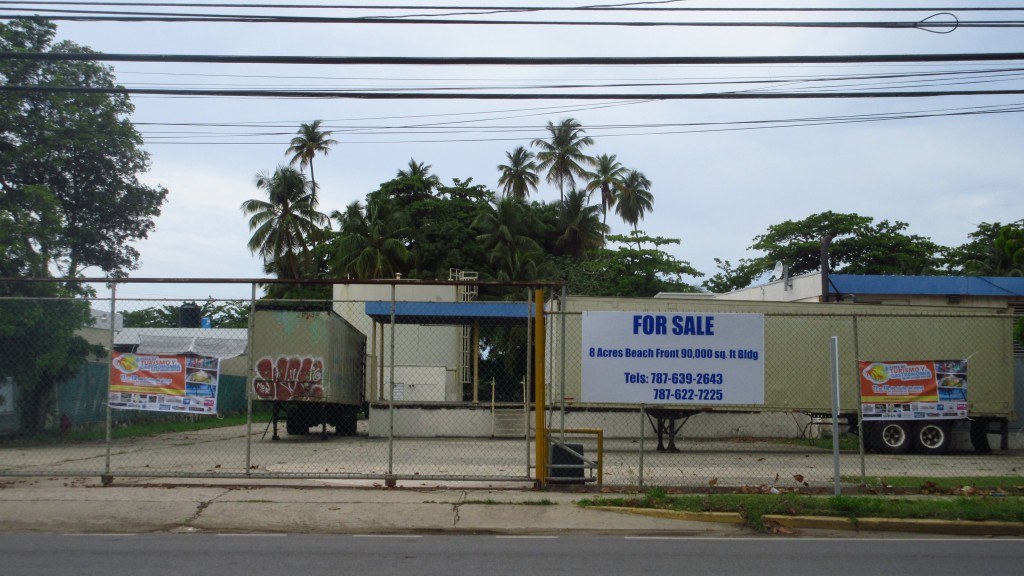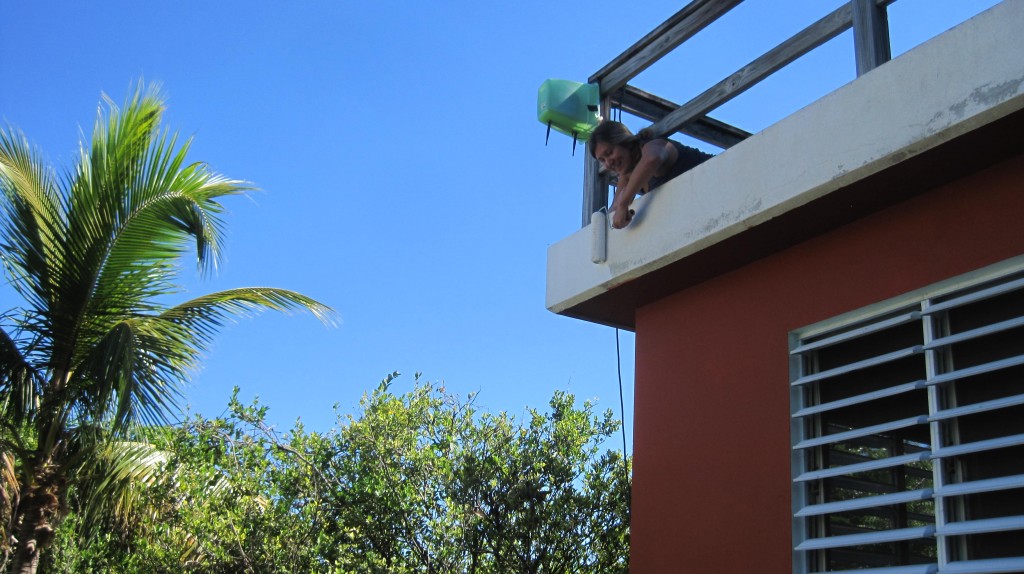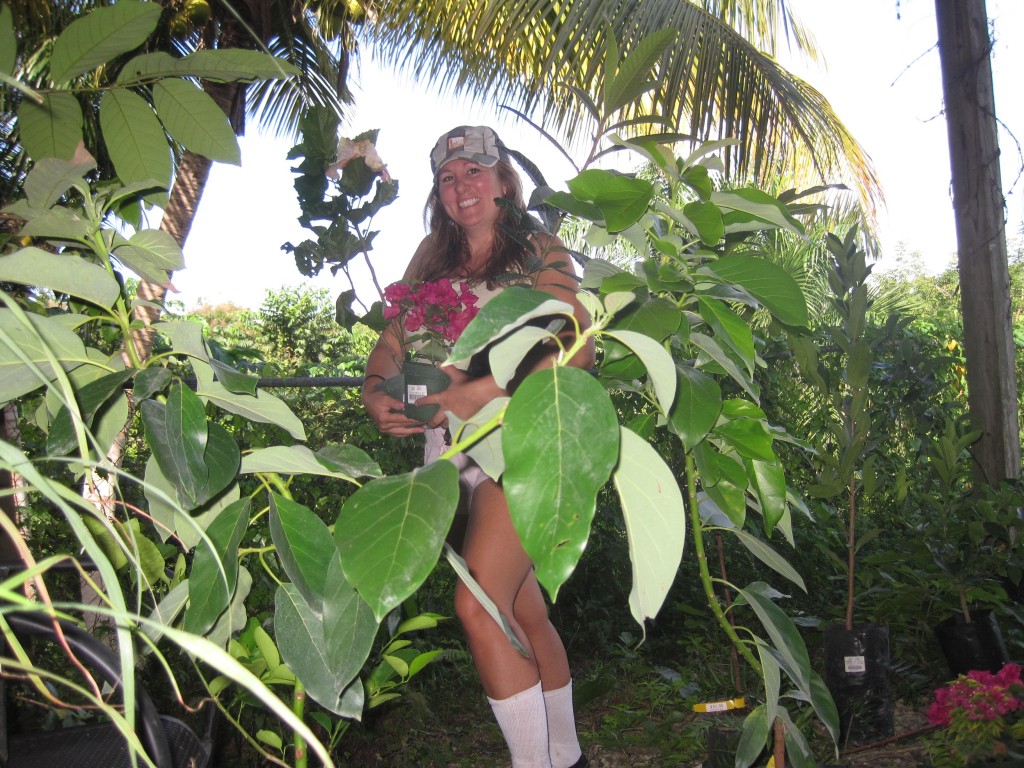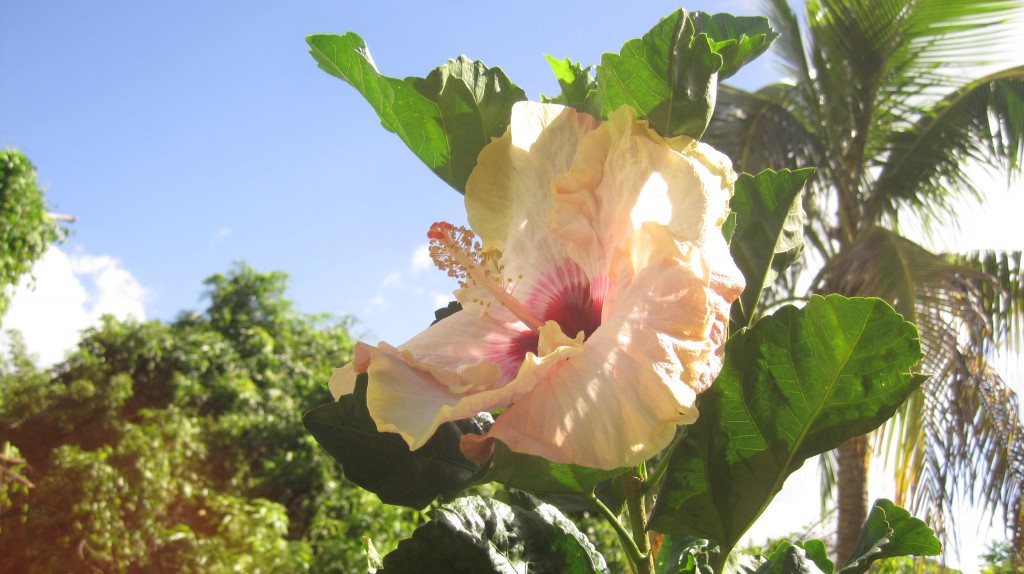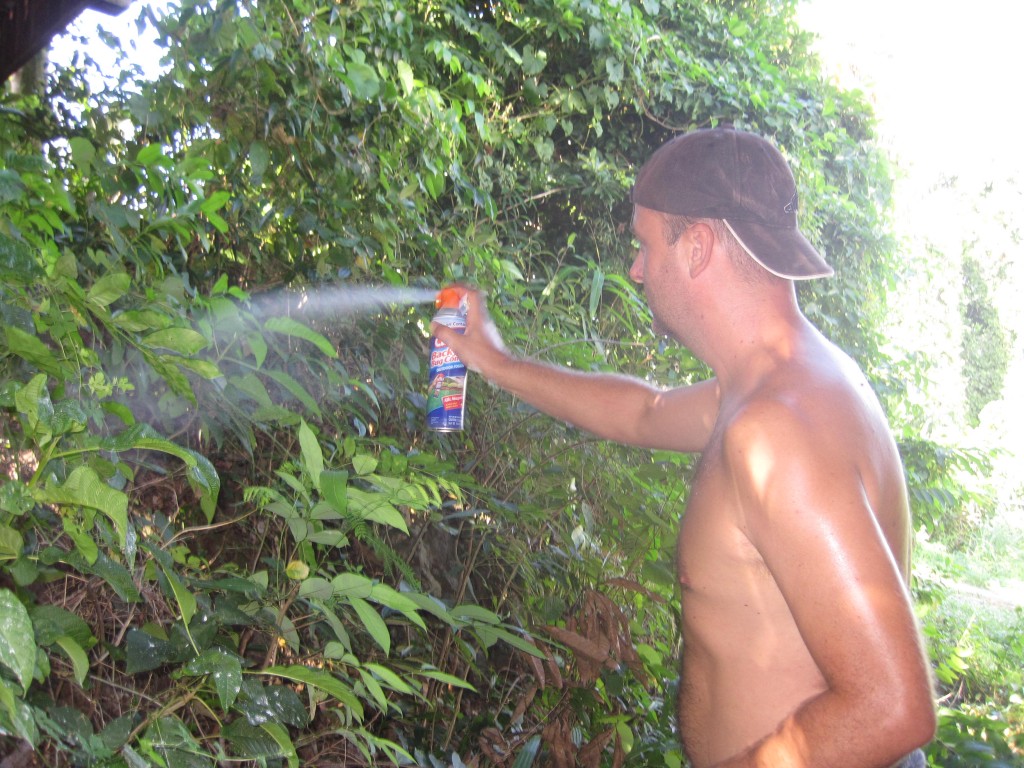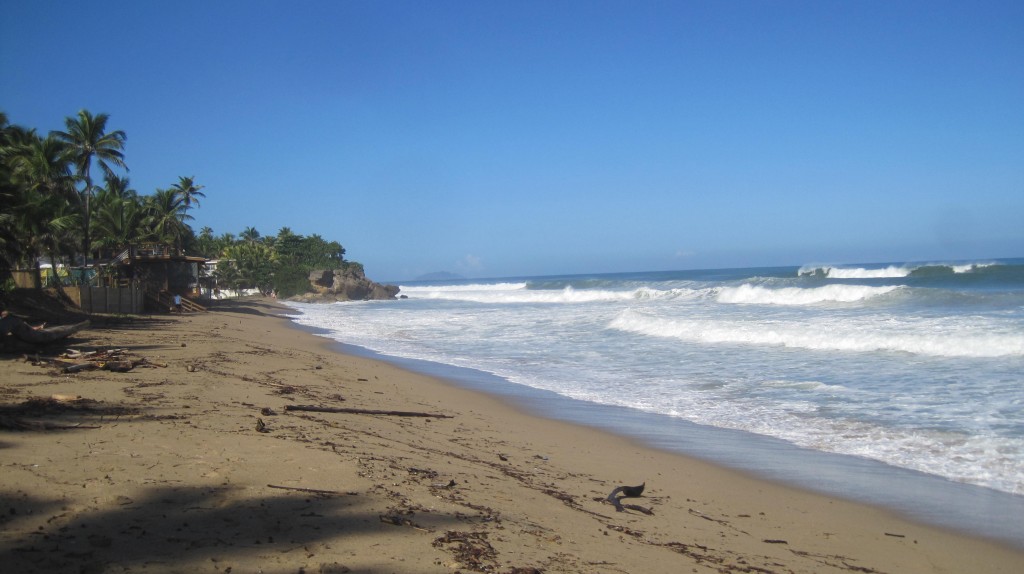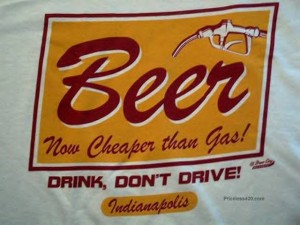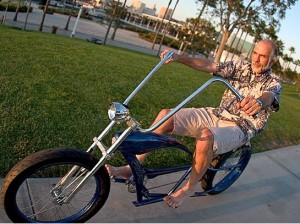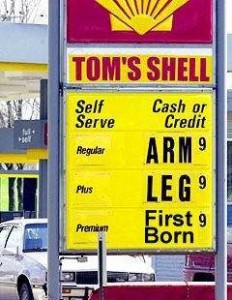When we were putting together our plan to move to the tropics and more specifically Puerto Rico we would often talk about the reasons for doing so. Warm climate, different culture/language, early retirement, more self sufficiency and a general idea of breaking out of the mold we were raised in to experience something different and from a different point of view. Fast forward to having lived here now for approximately a year and a half…. We are living those ideals and it has been an interesting journey in the adjustment to a new perspective that a different culture offers. Specifically in the way different people think about and see the world.
We used to watch the show 30 Rock and there is a fantastic episode about perspectives that helps illustrate the journey of seeing the world through different eyes.
As far as breaking out of the mold we were raised in, it is a gradual process. Switching from the rat race to a slow pace has been interesting and I find my perspective still shifting between the two philosophies all the time. The juxtaposition is a self imposed challenge in controlling my thoughts and actions in an effort to fit in and adjust depending on who I talk with.
Is it possible to change the way we see the world from that of Jack to Kenneth or Tracy Jordan amongst others and back depending on when we consciously choose to? Or are we stuck viewing the world the way we always have?
I have noticed a lot of us folks from the states tend to have the Jack Donaghy perspective of looking at things. No surprise that I find myself with this perspective too. In this perspective there is a monetary value associated with everything. As Americans raised in the American school system and surrounded by a consumerist culture, I find that it is very easy to keep score using money as the system has intended for us to do. Nearly everyone seems to know how to operate in this imaginary sliding scale of value. Even giving monetary value to things that have no monetary value. Or telling us how successful we are based on our income.
This brings us to the “Million Dollar View.” It is a term that I have heard from people originally from the states now living in PR. It has happened enough that I started to wonder how we all acquired this term and why we use it. I think this is a symptom of the culture in the states of having to associate a dollar amount to show value. I know exactly what we are all talking about and I agree it is difficult to describe how fantastic life here in PR can be, especially the awesome vistas. It could cost a million dollars!!
But…..It usually doesn’t. In fact nobody pays anywhere close to a million dollars and some of the poorest people have some of the ‘best’ views. It is more of a $10k-$60k dollar view, or even free, but nobody says that! It would lose all meaning, “You should see the view, its a $25k dollar view!”. Doesn’t seem as special now does it? Same vista but a different view.
I have also noticed that native Puerto Ricans don’t seem to care as much about views and sometimes will just let the trees grow, or build a closet on the side of the house that has the ocean view. Shade is sometimes more valuable. Vistas just aren’t valued in monetary or social terms as much, which is a HUGE contrast. It is just part of the backdrop of life here, not something to be defined with a dollar amount anymore than a coconut tree or a patch of grass. It’s just there. It starts to raise the question of what is value which I think that 30 Rock episode does a great job of illuminating. It is different for everyone.
To us a parcha vine is worth a lot, so are avocado trees and bananas. The fact that we can pick food off a tree for free vs having to buy it has value to us but not just monetary. It is a shift from looking at things the way Alec Baldwin’s character does (see the video) and isnt just about the amount of money saved or spent, but rather a sign to living a life not dependent or defined by money and all that it entails. It shifts perspective to just existing.
One thing that seems to puzzle people from the states is that the police drive around with their lights on ALL THE TIME. I’ve heard comments about how hard it is to “catch the bad guys if you announce your location with flashing lights!”. There is possibly another reason. What if the perspective that the police are there to bust people is not applicable everywhere? What if they were there to help? Wouldn’t it be easier to flag down a patrol car if you needed help if you could see it coming down the road? Wouldn’t this be a more pleasant way to view police in general?
Perhaps we are becoming a little more like Kenneth where we can just appreciate the simple things. Notice in the video from Jack’s perspective Kenneth is only valued at $7. Each perspective has an upside and a downside and being able to float between them is really the million dollar view?
The consumerist system wants us to think that we have to buy something new to be happy. We don’t have to buy happiness. Things that are awesome don’t have to cost anything. Look at all the marketing used to sell products; good mood food, good life, cause you’re worth it, open happiness, happy meal, etc.
Just a thought. The mainstream American culture is here in PR there is no doubt about that, don’t get me wrong. It is just every once in a while I see differences in the simple things and that has to be worth something right? 😉

